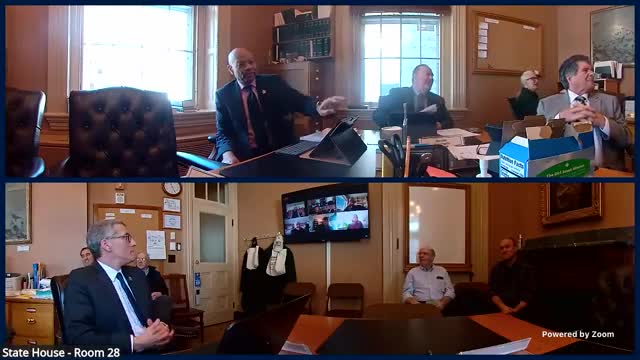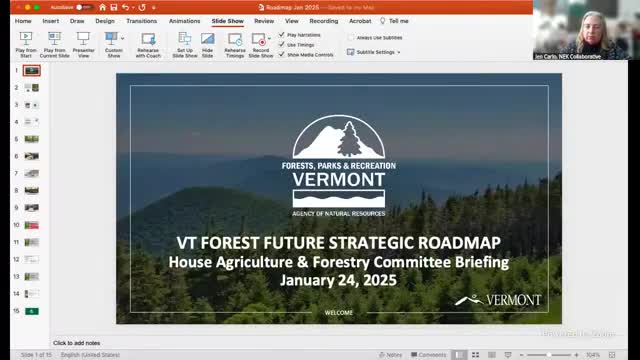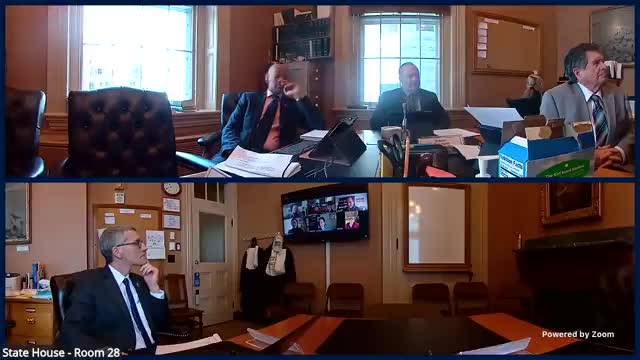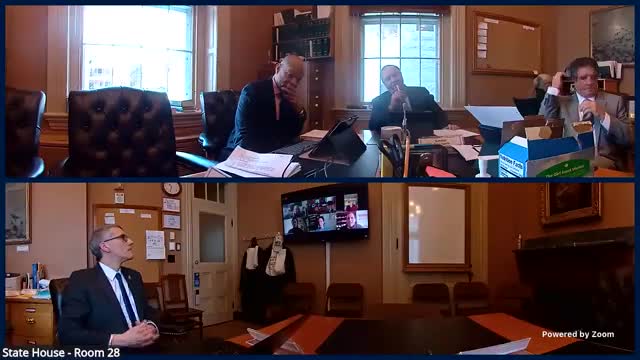Article not found
This article is no longer available. But don't worry—we've gathered other articles that discuss the same topic.

Connecticut River watershed farmers press for tailored water‑quality funding, manure storage and labor fixes

Forest Futures roadmap aims to strengthen Northeast Kingdom forest economy, recreation and wood markets

NEK potato grower urges Farm Emergency Fund after consecutive summer floods

